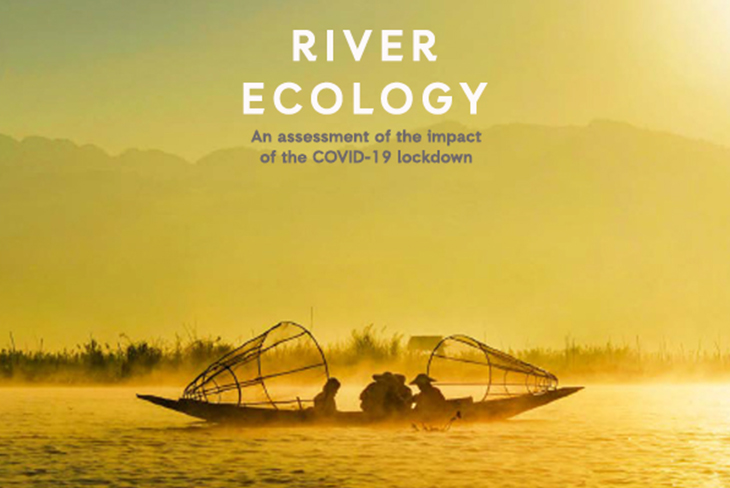Rivers bring prosperity to communities, contribute to biodiversity, and play a crucial role in sustaining life on Earth. For long, we have not treated our rivers well. Unchecked human activities have choked rivers, reduced their flows and polluted their waters. Following the news of COVID-19-induced lockdown leading to river waters running clean, and fish “stock” and that of other aquatic species increasing, ActionAid Association undertook a study on river ecology together with Nadi Adhikar Abhiyan. A total of 550 respondents, across multiple locations on 10 major rivers flowing through different states, were interviewed for this study.
The primary objectives of this study were to assess the impact of the lockdown on quality of river water, and its subsequent impact on aquatic species, migratory birds, and the river water consumption patterns. During the survey, while more than 70% of respondents felt there was an improvement in the colour of water indicating cleanness, 80% of them found a decrease in the foul odour from river water. An overwhelming 95% reported a decrease in industrial pollution in river water. The study also looked at the positive impact of improved river water quality on the health of river biodiversity. 84% of the respondents shared there was an increase in the fish population in rivers. Moreover, 60% of the people interviewed reported an increase in the number of migratory birds around rivers during the said period. Given the fall in river pollution, the study also saw an increase in the usage of river water not just for domestic purposes, such as bathing, cleaning and washing by local communities, but also an increase in its usage for agriculture.
The pandemic-induced lockdown has gone on to substantiate the age-old belief that nature has its own ways of healing. This period has brought us several lessons that we all now need to act upon. We need to ensure that rivers not only continue to be a source of water for all, but also remain a cradle of life for all aquatic plants and animals. There is an urgent need to stop the dumping of pollutants and other waste material into water bodies. Riverbank communities play an essential role in river governance which is vital for river rejuvenation. The traditional knowledge and experience of these communities and the challenges they face must be understood and taken into consideration while working on river water management plans and policies. Women need to be listened to, as it is primarily they who collect and store water.
The complete report capturing all findings and recommendations emerging from this study can be found here.

